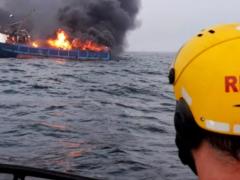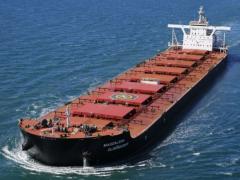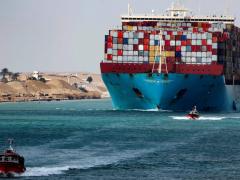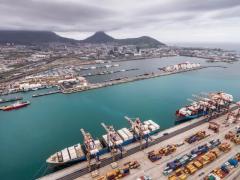The International Transport Workers’ Federation remains undeterred by the shipping industry’s indifference to the plight of the over 400 000 crew members stranded by border control restrictions around the world.
International Maritime Employers’ Council chairman Capt Belal Ahmed said it was important that seafarers were not disadvantaged for merely standing up for themselves when they had completed their contracts and were mentally and physically not ready to continue to work safely.
“We urgently call for cargo owners/operators, charterers and brokers to agree charter party agreements that allow flexibility for ship owners/managers to divert ships and call in ports where crew change is possible, without imposing penalties.
“Neither should they deny seafarers the ability to exercise their human right to stop working, leave ships, and return home.”
But seafarers have a real fear that if they speak or stand up that their careers could be over, according to the ITF’s general secretary, Stephen Cotton. “Fear of blacklisting prevents them from enforcing their own worker and human rights. Given the mental and physical fatigue caused by extended time on board, it is more important than ever during this crew change crisis that seafarers are able to speak up. We will be coming down hard on anyone in the industry who thinks they can get away with targeting seafarers who use their rights to reject contract extensions. Our industry is better than that,” said Cotton













